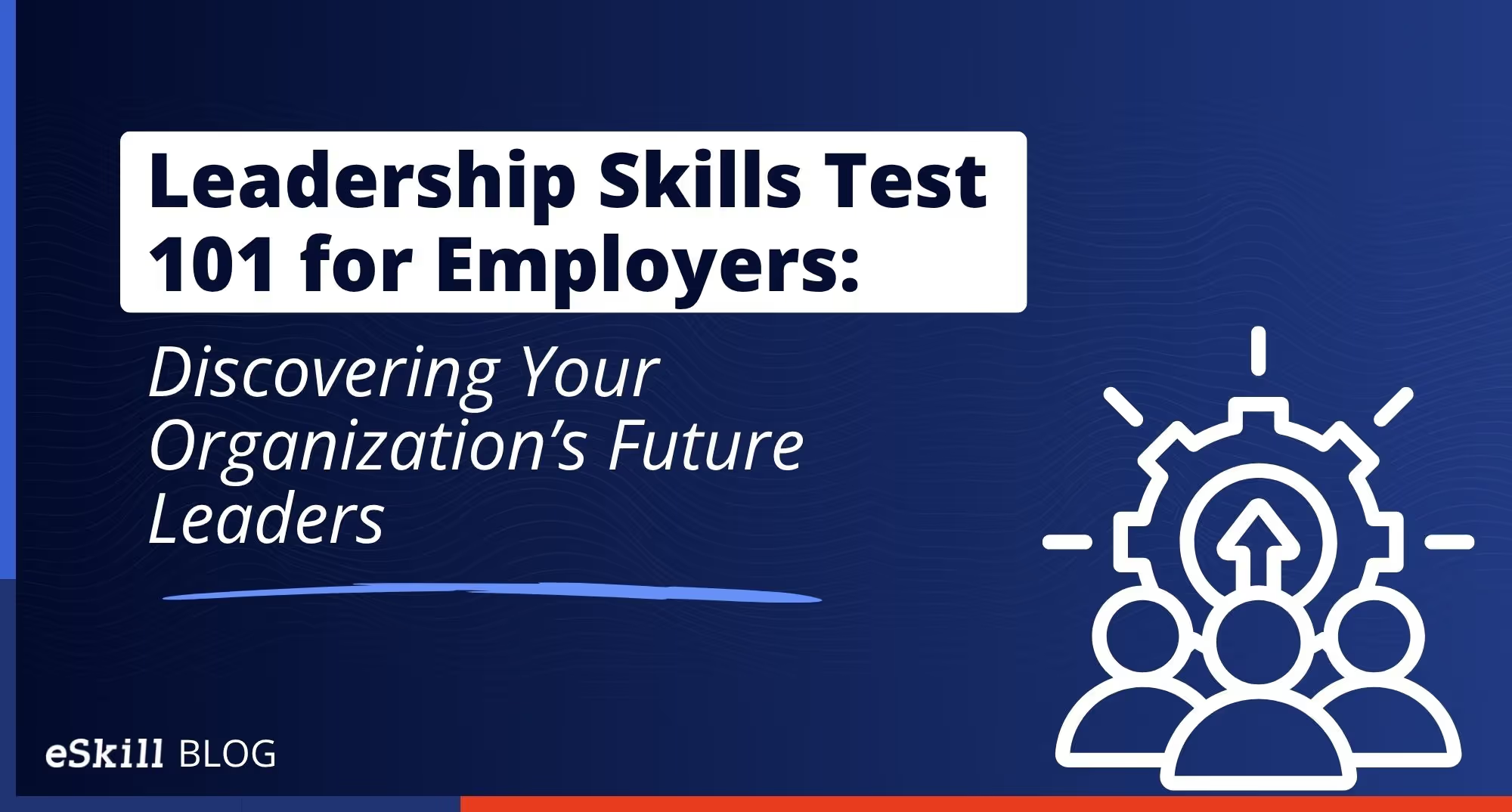As an employer, you want a highly skilled workforce, and, as a human resource professional, your job is to find those highly skilled workers. Very few jobs require an employee to simply do one task alone in a cubicle. Work requires more from us than that.
HR has the daunting task of figuring out which skills are most desirable in a multi-functional and collaborative work environment. There are ways to determine the specific skills for a specific job, and one of those ways is job analysis with skills assessments. Buy what is the universal skill most employers look for?
Start Testing with the Next Generation of Skills Assessment Software
There are over 6,000,000 open jobs in the United States right now, and, although unemployment is at a record low 4.2%, this number does not take into account the people who gave up looking for work and took themselves out of the job market. Plus, many employers, recruiters, and hiring managers complain about the Skills Gap (the shortage of necessary skills to perform a job versus the available skills in the workforce or talent pool). Though we’ve talked about the Skills Gap (talent shortage) many times on the eSkill Blog, identifying which skills are lacking still plagues us today.
Frequently Listed Skills
Many articles, reports, and studies on the “Top Skills Employers Want” repeat the same skills. We decided to take the top skills mentioned in many of these articles and explain why they are truly the universal skills employers want.
Here are the most commonly listed skills:
- Communication Skills
- Interpersonal Skills
- Problem Solving Skills
- Organizational Skills
- Leadership Skills
All of these are important skills to have, but what if you could only choose one or, at the most, two? Which would you choose? The answer widely depends on the position you are hiring for, your organization, and your goals. Skills assessments and training can help you determine which skill is the most necessary for your company.
GET AN ESKILL TRIAL ACCOUNT FOR FLEXIBLE SKILLS ASSESSMENTS
Tech companies may have a very different list. Most tech companies like Amazon, Facebook, Salesforce, Google and others look for coding skills, such as JAVA and Python. But even those companies list leadership and customer service as desirable skills.
Narrowing the List
Interpersonal skills (also known as “people skills”) include how you interact and engage with others. To do so effectively, you must be an excellent communicator. We believe skills #1 and #2 (communication and interpersonal skills) should simply be called “interpersonal skills” together because you can’t have one without the other.
To be a problem solver you must have great reasoning skills, organizational skills, and critical thinking skills. Some call these analytical skills – the ability to examine a problem and find a solution. For the sake of this article, let’s combine problem-solving and organizational skills and call them “analytic skills.”
This leaves us with leadership skills. Leadership skills are important; however, you don’t need the majority of your employees to be leaders. Have you ever heard the old saying, “Too many generals and not enough soldiers”? Having an abundance of alpha personalities could be disastrous. Again, leadership skills are great, but not a universal skill for most employees.
The Universal Skill(s)
We are down to just two skills: interpersonal and analytical. Honestly, both of these are vital to the success of any business, and they are also the two most desired skills across nearly all industries, which means we have a tie. The two universal skills that most employers need and look for in employees are interpersonal skills–the ability to connect, interact, engage, and communicate with co-workers, teammates, bosses, and customers–and analytical skills–the ability to resolve problems, think outside the box, reason, and find solutions to complex issues. eSkill‘s standard and custom assessments support training across a wide set of skill areas, and with options that provide for multiple versions of a test, multimedia support, and extensive reporting, we make testing easy.
Tell us what skills you look for in the comments below.

Get ademo.






